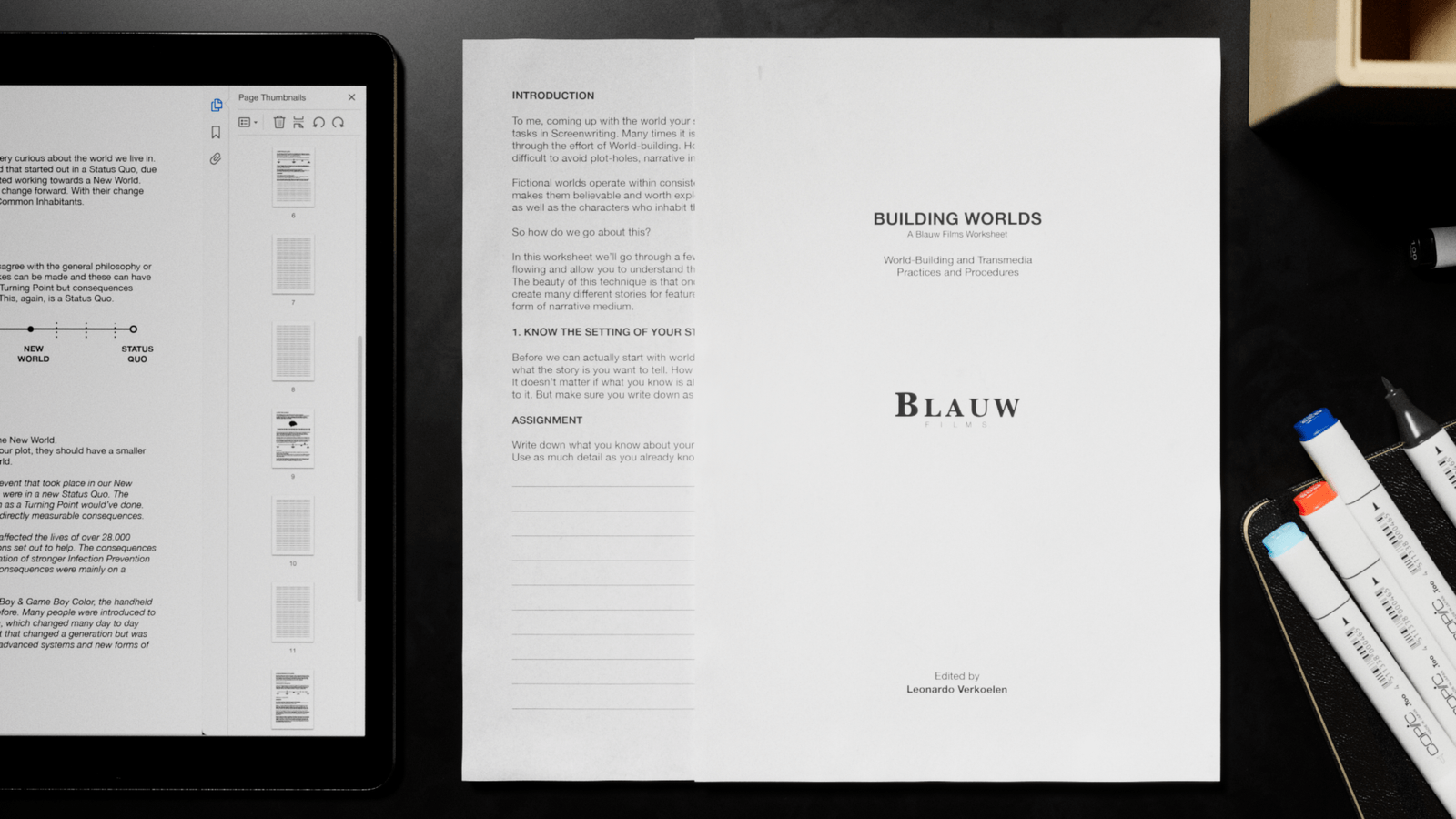8 Strategies to Help Overcome Writer's Block
Top Tips to Get Back to Writing Quickly
Blauw Films
.jpeg)
Overcoming writer’s block is easier than you think when you have actionable strategies to kickstart your creativity and get back to writing with confidence.
That dreaded moment when you find yourself staring at an empty page or a blinking cursor with your mind drawing a complete blank. If you’re a writer, you’ve been there. Writer’s block. It’s frustrating, common, and especially challenging in the creative world, where ideas often need to appear out of thin air.
In this post, I’ll share 8 tried-and-tested strategies to overcome writer’s block, so you can get back to that all-important flow state.
1. Take a Break
If your brain feels like it’s hit a wall, sometimes the best move is to walk away. Taking a break isn’t a sign of failure—it’s a powerful reset. Whether you grab a snack, take a short nap, or step outside for fresh air, giving yourself a mental pause can recharge your creativity. Remember, slowing down now can help you speed up later.
2. Change Your Scenery
Staring at the same walls or desk every day can stifle creativity. Shake things up! Relocate to a park, a bustling café, or a beach if possible. A fresh environment can offer new inspiration and break the monotony. Even small changes, like moving to a different room or rearranging your desk, can make a big difference.
3. Move Your Body
Physical activity is not just good for your health—it’s a creativity booster. Exercise increases blood flow and oxygen to your brain, enhancing cognitive function. Whether it’s a brisk walk, a quick yoga session, or an intense workout, moving your body can help move your thoughts. Regular exercise can even prevent writer’s block from creeping in the first place.
4. Fuel Your Brain with Food
Don’t underestimate the power of a healthy snack. Hunger or low blood sugar can sabotage your focus and creativity. Opt for brain-boosting foods like nuts, fruits, or a bit of dark chocolate. Avoid heavy meals that might leave you sluggish. A well-fed brain is a creative brain.
5. Stay Hydrated
Dehydration is a sneaky culprit behind fatigue and poor concentration. Aim to drink 1.5–2.5 litres of water daily to keep your mind sharp. If plain water bores you, herbal teas or lightly flavoured waters work too. A little caffeine from coffee or tea can help—but don’t overdo it, as too much can backfire and disrupt your focus
6. Prioritise Quality Sleep
A well-rested brain is essential for creative thinking. Lack of sleep impairs cognitive function, making it harder to focus or generate ideas. Stick to a consistent sleep schedule, avoid screens before bedtime, and embrace naps if they work for you. Good sleep is a cornerstone for avoiding and overcoming writer’s block.
7. Write Something Different
If you’re stuck on one project, switch gears and write something completely different. Draft a poem, pen a letter, or even jot down a list of random ideas. This shift can spark fresh thoughts and break the monotony. Sometimes, simply engaging in the act of writing—nomatter the topic—can reignite your creative energy.
8. Let Go of Perfection
Writer’s block often stems from self-imposed pressure to create something flawless. Release yourself from that burden. Write anything, even if it feels silly or irrelevant. The key is to start. The first draft doesn’t need to be perfect—it’s just a stepping stone. Often, the act of writing itself leads to breakthroughs.

Conclusion
Writer’s block doesn’t have to derail your creativity. Whether it’s taking a break, moving toa new location, or simply letting go of perfection, these strategies are designed to help you reset and rediscover your creative flow. The key is to recognise the patterns that lead to blockages and embrace the opportunity to adapt. When was the last time you faced writer’s block? What strategies have worked for you?



























%20by%20Ivan%20Aivazovsky.jpg)


















































































0 Comments